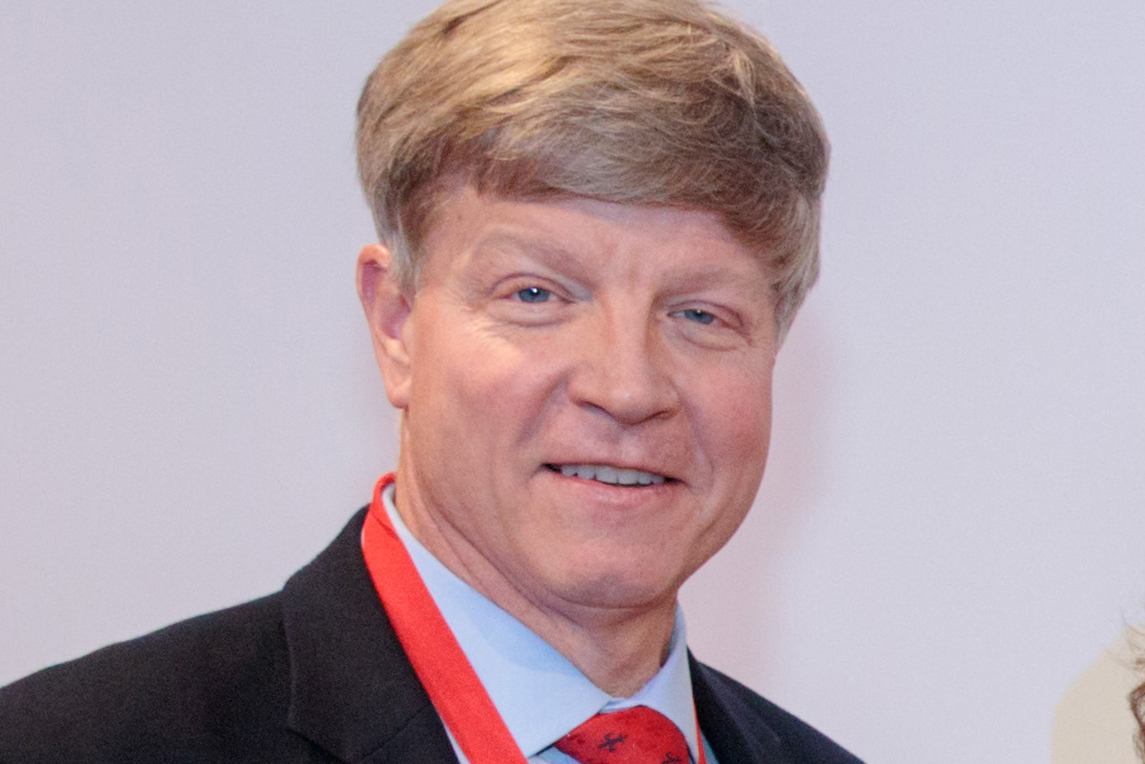David O’Dell, MD, is stepping down as the coordinator of Phase 3 of the UNMC College of Medicine’s medical education program following this year.
Dr. O’Dell has served as the Phase 3 coordinator since the new curriculum was established in 2016.
It was a challenge at the start, he said. But seven years later, as he leaves the program he helped create, he said he feels the Phase 3 curriculum has been successful.
The 15-month “senior year,” which includes three sub-internships, curricular enhancement seminars and enrichment experiences, is geared toward providing:
- Additional time for career exploration;
- More intensive mentoring and advising; and
- Improved preparation for residency.
Geoffrey Talmon, MD, vice chair for medical education in the UNMC College of Medicine, called Phase 3 one of the greatest successes of the medical school’s curriculum redesign.
“From content to logistics, all of it was student-focused and nearly every part represented an innovation,” Dr. Talmon said. “I could not have imagined a better individual than Dr. O’Dell leading us through every stage of the building and implementation process. The impact he has had will be felt for years to come.”
Nevertheless, Dr. O’Dell said, there is always room for change.
“Are we perfect? No, we never will be,” Dr. O’Dell said. “But when we get 95% approval, we’re really happy.”
Like everything in med school Dr. O’Dell said, Phase 3 is a team effort. The org chart contains dozens of people, including more than 20 CST track leaders, who help students with any of the specialties they are considering.
“It’s been my privilege to both recruit and train great people,” he said. “I was in the trenches as internal medicine clerkship director for many years, but I specifically did not insert myself into the process of teaching much in the residency preparatory course or in the curriculum enhancement seminars.”
He particularly credits Jill Zabih and Abbie Fingerett, MD, who run the residency preparatory course, with the evolution of the curriculum into a two-week, intensive dive into the students’ specific residencies, including topics such as HIPAA, FERPA and Title IX; antibiotic management; recognizing capacity to consent; handoffs; lab tests; and a series of rapid responses simulations, among others.
The curricular enhancement seminar series (CES) and enrichment experience, meanwhile, not only deals with specific areas of interest but creates a community for the medical students during a traditionally stressful time.
“Drs. Nate Goodrich and Justin Siebler have done a wonderful job with the CES, and Vanessa Larson, our Phase 3 coordinator makes everything happen,” Dr. O’Dell said.
“We get the students together with their classmates during that senior year, and part of pulling them all back together is they renew friendships, and collegiality goes up and all those things are a good thing for them – and their mental wellness.”
As he prepares to leave, Dr. O’Dell said he’s happy with what the college has built and excited to leave Phase 3 in the strong hands of Justin Siebler, MD, currently one of the curriculum enhancement seminar directors.
“One of the challenges of Phase 3 is, the students have to figure out for the first time in their medical school career what they have to do to get ready for what they want to do. We can’t tell them what they want to do. But we can make sure they are prepared to go forward into their residencies confident and prepared. It takes a large team, and a committed one, to do that. I’ve been proud to be part of that team.”
